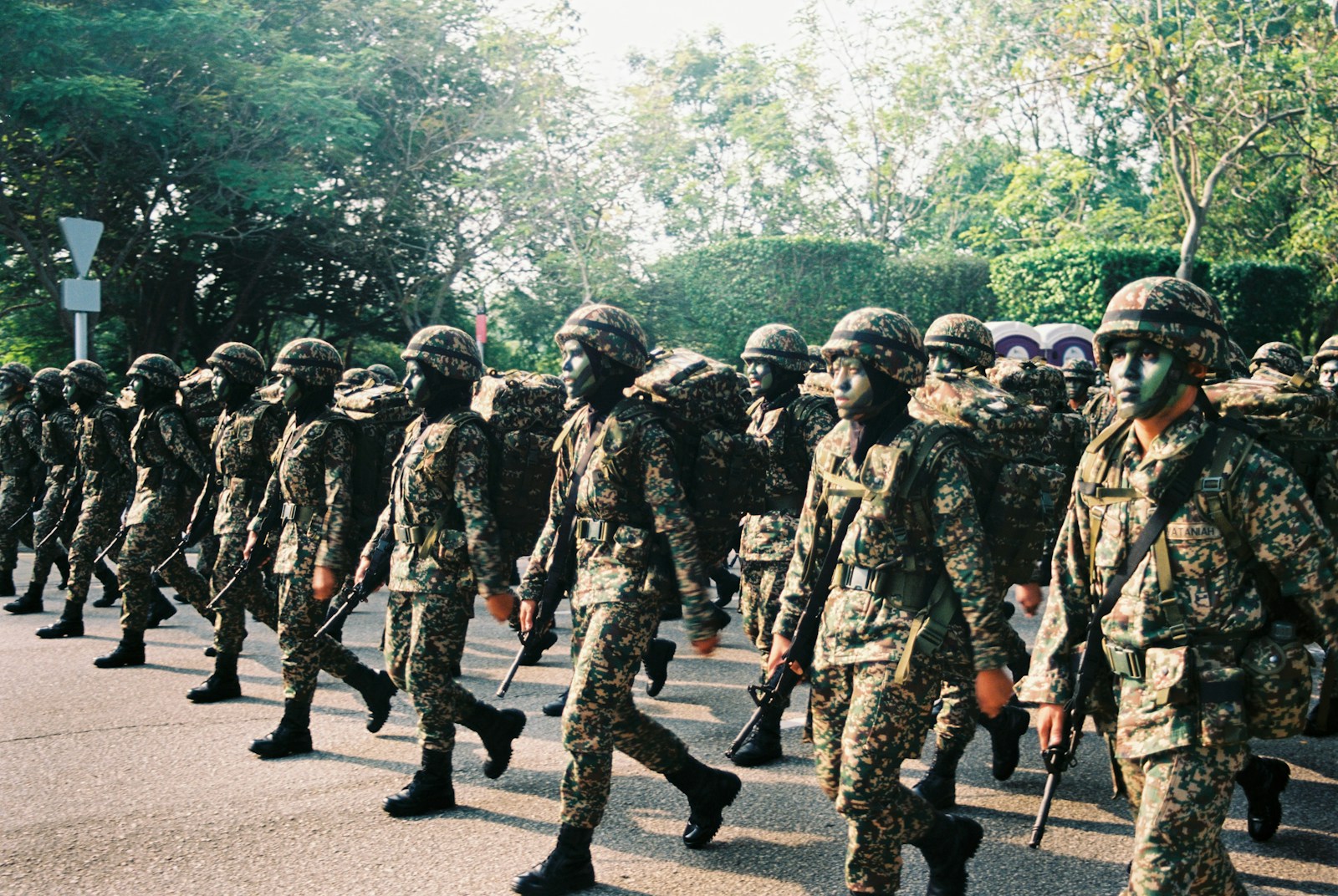
The upcoming Central African Republic elections are creating intense debate among policymakers and security experts. As the United Nations considers withdrawing 4,000 peacekeepers, concerns about potential instability and violence are rising. These elections represent a critical turning point for the nation’s fragile political transition and the broader goal of lasting peace.
The withdrawal of UN peacekeepers could leave significant areas unprotected during the Central African Republic elections, increasing the risk of armed clashes between rival factions. Local communities fear a surge in criminal activity and militia attacks. Authorities are under pressure to maintain law and order with limited resources, and any lapse could lead to widespread insecurity. For detailed guidance on peacekeeping operations, visit UN Peacekeeping in CAR.
Security challenges can compromise the transparency and fairness of the Central African Republic elections. Candidates may face threats or intimidation, while voters in high-risk areas might be unable to cast their ballots safely. Ensuring a credible vote requires coordinated security measures, effective monitoring, and robust logistical support. Explore our Election Security Guide for practical insights on maintaining electoral integrity.
Election-related violence or insecurity during the Central African Republic elections could trigger mass displacement, further straining already overburdened humanitarian services. Refugee camps and aid organizations may face challenges in delivering food, shelter, and medical assistance to affected populations. Preparing local communities with contingency planning and early warning systems is essential to minimize human suffering. For resources on humanitarian response planning, see Humanitarian Response Strategies.
The Central African Republic has a history of political volatility, and election season often triggers increased militia activity. Rival groups may attempt to assert control over strategic regions, complicating the Central African Republic elections. Peacekeepers play a critical role in preventing violent escalations, and their partial withdrawal heightens concerns. For up-to-date reporting on regional security, see Crisis Group: CAR Security Updates.
Insecurity and fear can drastically reduce voter turnout during the Central African Republic elections, especially in remote or high-risk areas. Limited access to polling stations and threats to civilians may undermine democratic participation. Authorities are exploring mobile polling units and secure voting zones to encourage participation. For guidance on promoting voter engagement in fragile contexts, see our Voter Participation Strategies.
Global actors, including the UN, African Union, and neighboring countries, closely monitor the Central African Republic elections. Diplomatic pressure is mounting to ensure a free, fair, and peaceful process. Withdrawal of peacekeepers may influence the perception of international commitment, affecting both investor confidence and regional stability. For insights on international electoral support, see UN Peacekeeping Electoral Support.
Reliable media coverage is essential for transparent Central African Republic elections. However, insecurity and infrastructure limitations can hinder journalists and reduce accurate reporting. Disinformation campaigns may spread through social media, exacerbating tensions. Local and international media outlets must coordinate to provide verified information. For guidance on combating misinformation during elections, see our Election Media Guidelines.
The Central African Republic elections are not only a political event but also have wide social and economic consequences. Instability can disrupt markets, trade, and access to essential services. Local businesses and communities face uncertainty, which may affect livelihoods. External support from international agencies can help stabilize critical sectors. Learn more from World Bank: CAR Country Overview.
Despite the risks, the Central African Republic elections offer opportunities for reconciliation and long-term peacebuilding. Successful, transparent elections can strengthen institutions, increase citizen trust, and reduce armed conflict. National and international stakeholders must work together to create a safe environment for voters. For strategies on post-election peacebuilding, see our Peacebuilding Strategies.
The Central African Republic elections represent a pivotal moment for the country’s future. While the possible withdrawal of UN peacekeepers poses serious security risks, careful planning, international support, and community engagement can mitigate potential crises. Monitoring, effective governance, and preparedness are key to ensuring a peaceful and credible electoral process. Stakeholders at all levels must collaborate to safeguard democracy and stability in CAR.